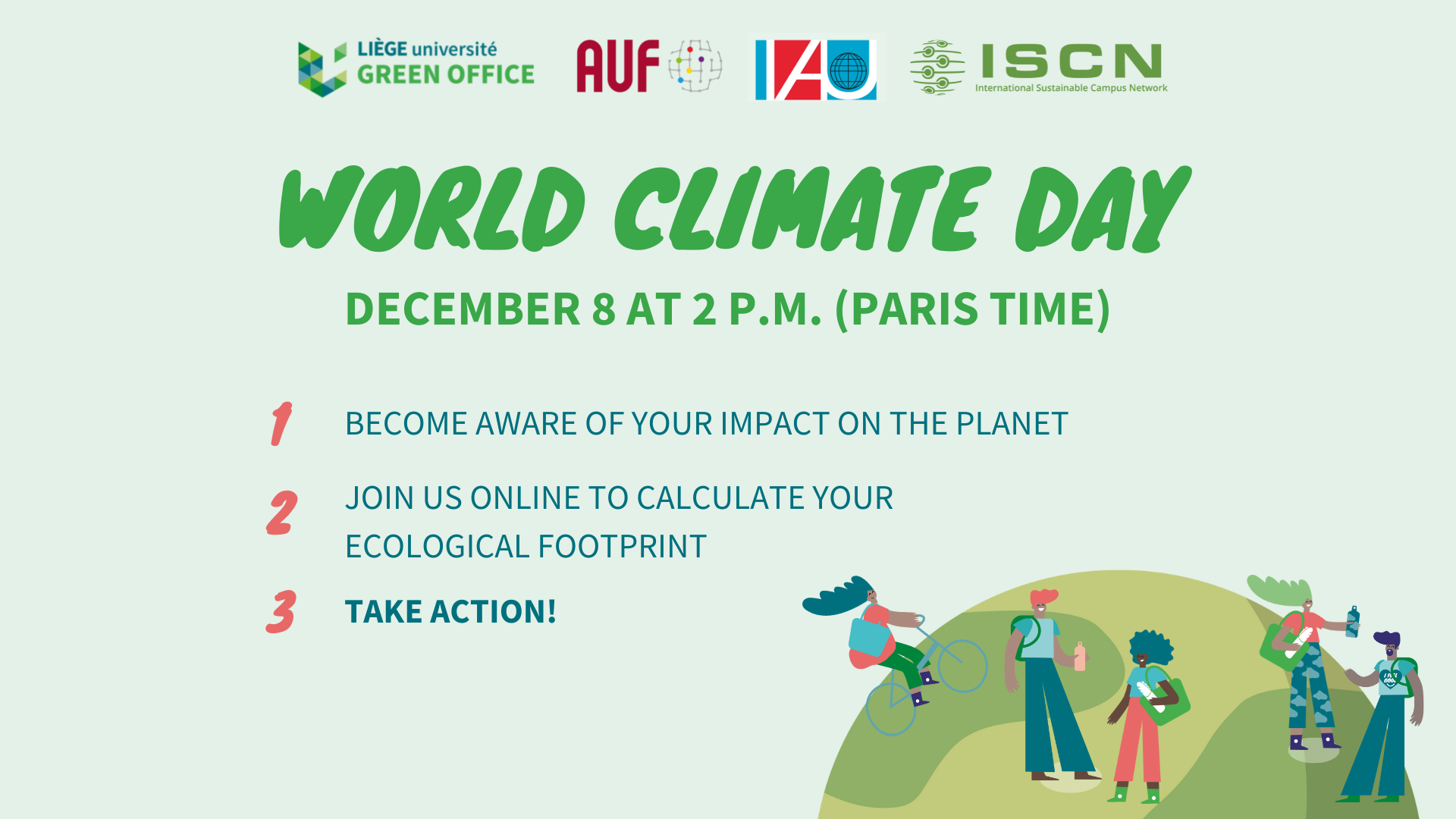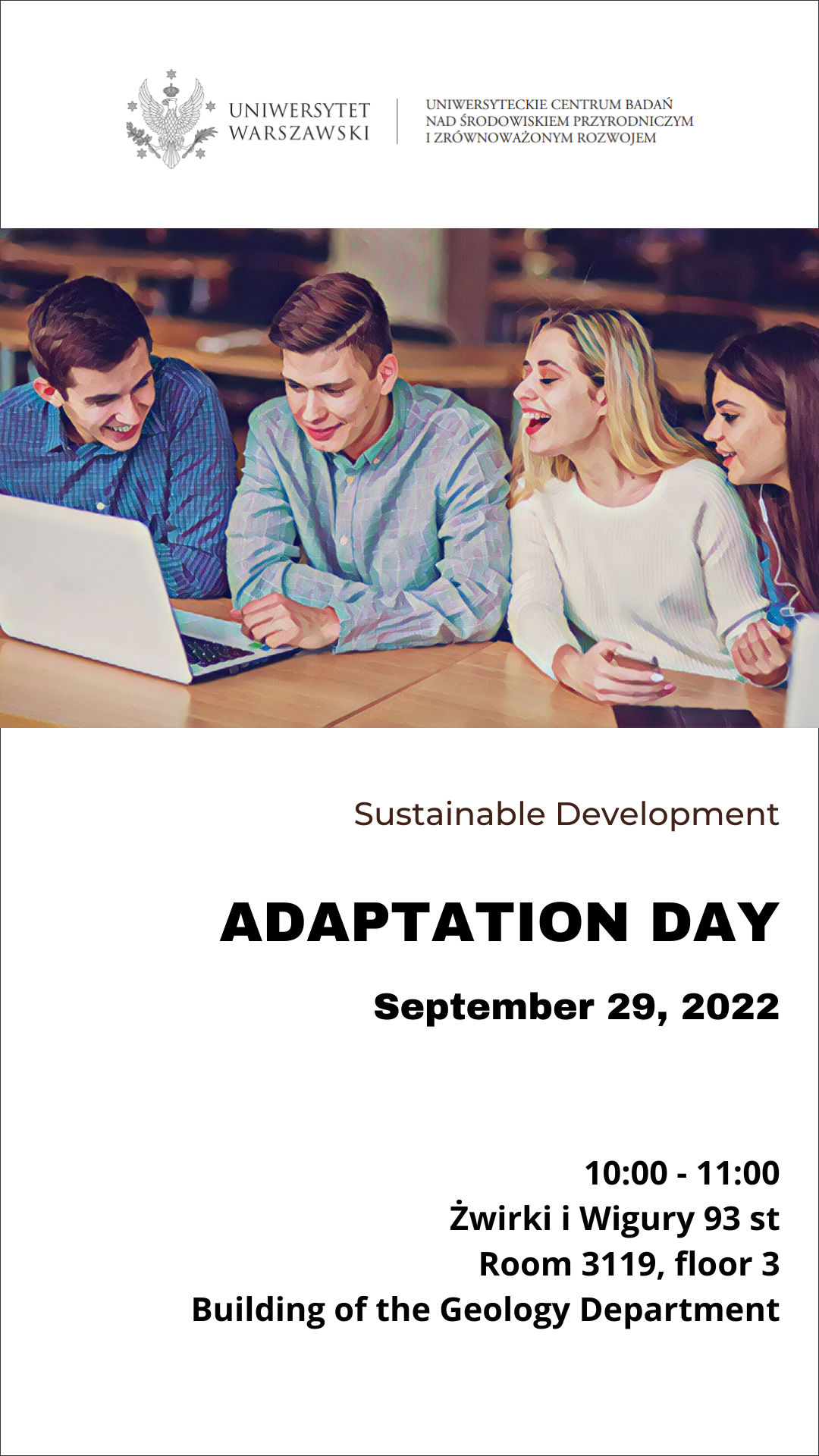In view of the Inauguration of the 2023/2024 academic year, dean’s hours are established at the University Center for Environmental Studies and Sustainable Development on October 5, 2023 from 16:15 to 18:15.
Category Archives: Announcements for students
Welcome day for students of Sustainable Development: September, 29 at 2 pm
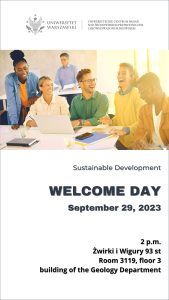 Dear Students! We are all very excited about the new academic year 2023/24 and we are looking forward to meet You at the University of Warsaw during realization of the Sustainable Development graduation course.
Dear Students! We are all very excited about the new academic year 2023/24 and we are looking forward to meet You at the University of Warsaw during realization of the Sustainable Development graduation course.
To make a good start for You we would like to invite You for the welcome day for students of Sustainable Development which will be held at the Department of Geology (the same building, where the office of UCBS is), room 3119, on 29th of September, 2023 at 2.00 p.m.
During the welcome day we would like to tell you all the important issues about the SD courses. The meeting will be also held in the remote way. Link to the meeting together with the presentation which is going to be shown during our meeting will be sent to You later.
Please also take in mind that the Welcome Point of the University of Warsaw is organizing Welcome Day 2023 You can participate in one of two stationary meetings:
https://welcome.uw.edu.pl/welcome-days-live-meetings-on-28th-and-29th-september/
Meeting in Polish: September 28th (Thursday)
Meeting in English: September 29th (Friday)
Both sessions will commence at 11:00 a.m.
We will see You personally on our meeting in the room no 3119 of Geology Department Building, Żwirki I Wigury street, no. 93 at 2.00 pm
Rector’s scholarship 2023/2024
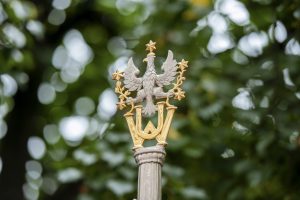 We would like to inform you about the possibility of applying for the Rector’s scholarship.
We would like to inform you about the possibility of applying for the Rector’s scholarship.
Application for the scholarship will be launched on October 2, 2023.
Applications are submitted fully electronically, i.e., the application is filled out and signed electronically using the USOSweb service. It is not necessary to bring the signed application to the dean’s office/secretariat.
The deadline for submission of the application is October 16, 2023.
All questions about the Rector’s scholarship should be addressed directly to the University’s Office of Material Aid at bpm@uw.edu.pl. Students can also look for information on our website bpm.uw.edu.pl.
For more information on scholarships at UW, please visit the Social Affairs tab
IRO UW – EIB Summer School 2023
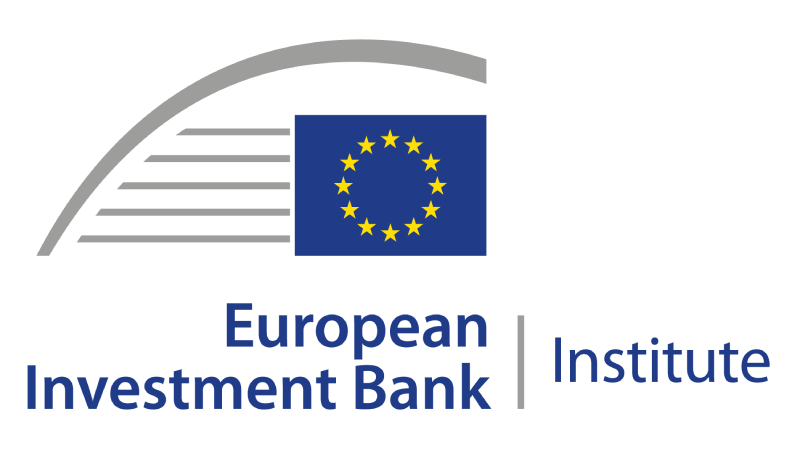
Application for the EIB Summer School 2023 „Exploring the EU Climate Bank” is now open!
Please check the announcement at the IRO UW website:
The EIB Summer School 2023 „Exploring the EU Climate Bank” – 27 June – 7 July 2023 – is a fully on-site event in Luxembourg for Master’s students from all academic fields with an interest in sustainability, climate change and the environment as well as students with a background in engineering and other hard or life sciences. All participants shall have a substantial understanding of the functioning of European institutions and a basic understanding of finance banking.
Application deadline: Monday 17 April 2023, until 11:59pm / 23:59 CEST.
Dates of diploma exams for SD students
27.06.2023
28.06 2023
20.07.2023
20.09.2023
28.09.2023
Harmonogram sesji egzaminacyjnej zimowej 2022/2023
Pojawił się harmonogram sesji egzaminacyjnej zimowej 2022/2023
Prosimy o sprawdzanie na bieżąco aktualizacji harmonogramu.
- harmonogram sesji egzaminacyjnej (1 termin + sesja poprawkowa) semestr zimowy 2022/23
- Ostatnia aktualizacja 20/02/2023 r.
30 min for the climate – World Climate Day
Dear students,
Take part in an international symbolic action on World Climate Day!
At the same time, students all over the world will calculate their environmental footprint. You too can take part in this international mobilization!
How many planets would it take if everyone lived the same way as you?
Come and discover it in 30 minutes on December 8 at 2 p.m. (Brussels time).
To participate, connect to this link:
Not available on December 8? Calculate your environmental footprint now here: https://framaforms.org/ecological-footprint-world-climate-day-1669824819
Mobilize for the planet and the climate!
Welcome Days 2022

Welcome Days for new long-term international students in academic year 2022/2023
We invite all new international long-term students to a welcome meeting – specifically dedicated to providing you with all the information you might need as a new member of the UW community. You will learn about the structure and function of the University, the many opportunities it offers, the basic rules, as well as the University itself.
When?
You can participate in one of two stationary meetings:
• meeting in Polish: 28th of September (Wednesday)
• meeting in English: 29th of September (Thursday)
Both meetings will begin at 11.00am and will last approximately 3 hours (till 2.00pm).
Where?
Main Campus, Krakowskie Przedmieście 26/28
More information will be sent to you after registration.
How to sign up?
To participate, please register using the form corresponding to your meeting of
choice. The deadline for registration is 25th of September, 11:59 pm
• registration for meeting in English (link)
https://forms.gle/zbQ5cMhwWqaUNUL97
• registration for meeting in Polish (link)
https://forms.gle/hZEYDWyCoyPemgCF9
welcome.uw.edu.pl
Inauguration of the 2022/2023 academic year at UCBS
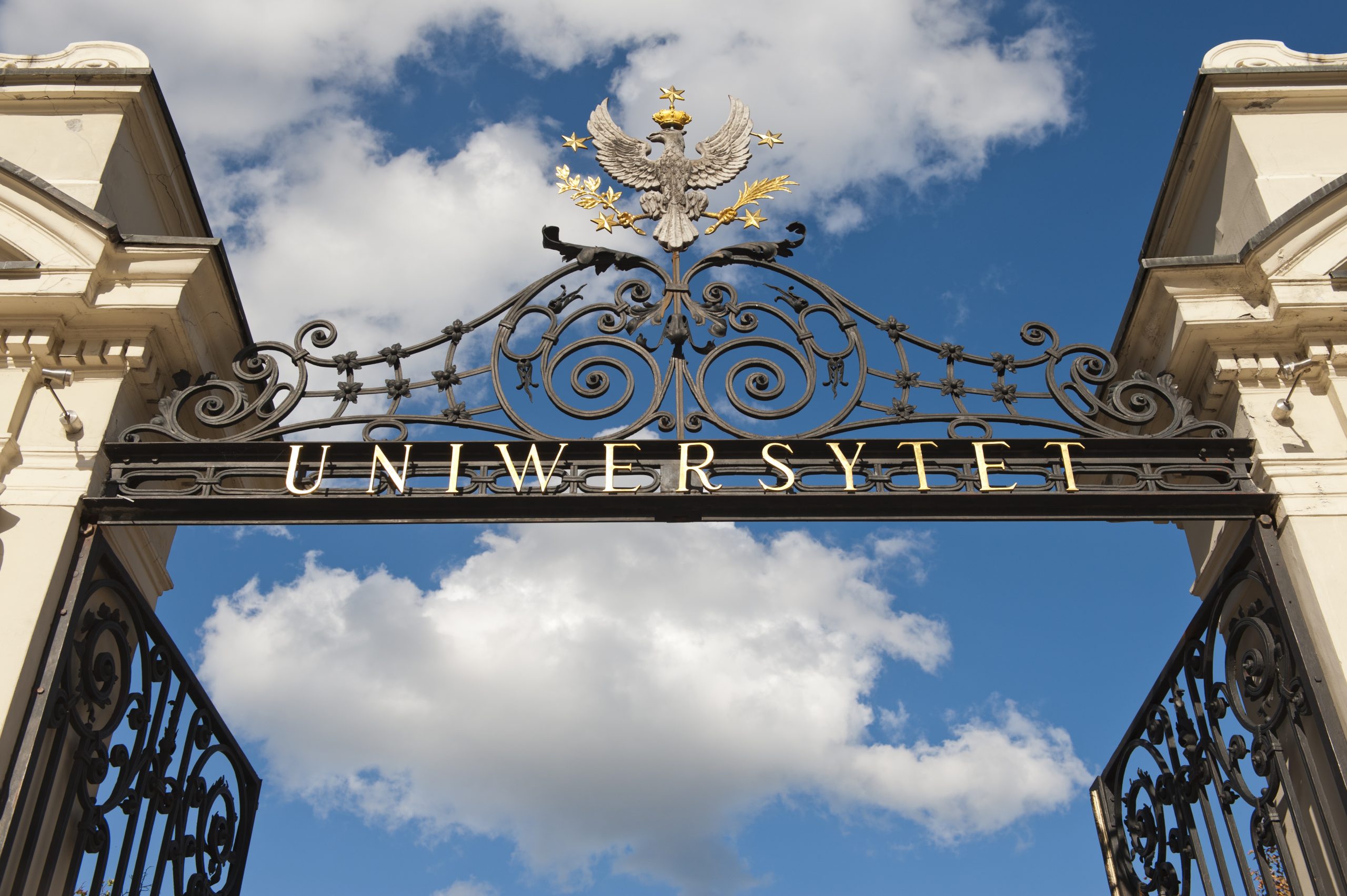
We cordially invited you to the ceremonial inauguration of the academic year at the MSOŚ
and Sustainable Development, which will take place on October 3 (Monday) 2022 at 11:30 a.m. in Room 1012, floor 1, in the building of the Faculty of Geology, 93 Żwirki i Wigury Street.
This year, the event will feature a lecture by: Prof. Bogdan Jaroszewicz, Head of the Bialowieza Geobotanical Station of the UW Biology Department: Nature is not given a voice – we must advocate for her


